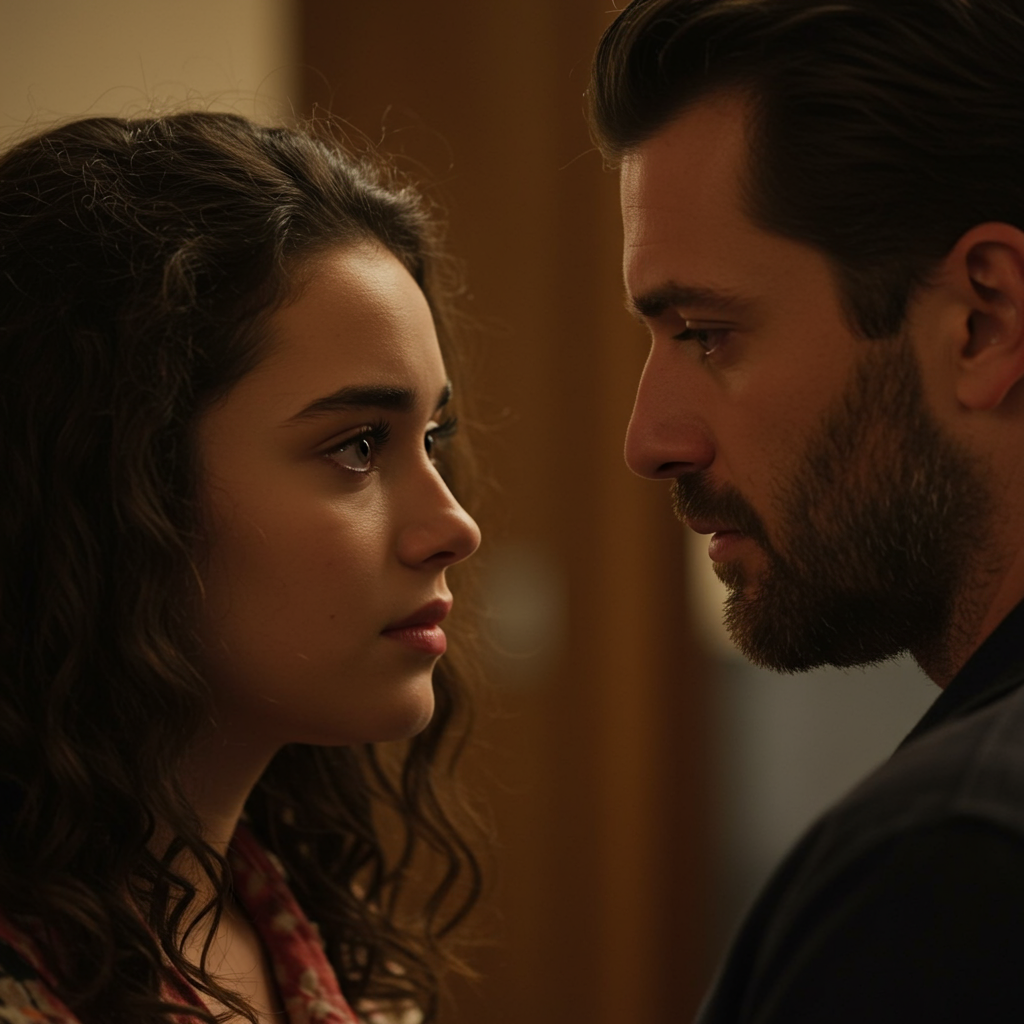
Vulnerability, often perceived as a weakness, is actually the bedrock of genuine human connection. It’s the courageous act of letting down our guard, revealing our authentic selves, imperfections and all, and inviting others to do the same. In a world increasingly obsessed with curated online personas, the power of vulnerability to forge deeper, more meaningful relationships is more vital than ever.
Think about a time you witnessed someone share a personal struggle. Perhaps a colleague admitted to feeling overwhelmed by a project, or a friend confided a fear they’d been harboring. Didn’t their honesty resonate with you on a deeper level? Didn’t it make you feel closer to them? That’s the magic of vulnerability. It disarms us, fostering empathy and understanding. When we dare to be vulnerable, we create space for others to be vulnerable in return, building a bridge of shared human experience.
This doesn’t mean oversharing or indiscriminately spilling our deepest secrets to anyone who will listen. Vulnerability is about choosing wisely whom to trust with our inner world. It’s about recognizing that true connection blossoms in an atmosphere of mutual respect and emotional safety. Start small. Share a small worry with a trusted friend. Express a genuine compliment to a colleague. These seemingly insignificant acts of vulnerability can have a ripple effect, creating a culture of openness and authenticity.
Of course, being vulnerable can be scary. We risk rejection, judgment, and the potential for hurt. But the rewards far outweigh the risks. When we allow ourselves to be seen, truly seen, we open the door to deeper intimacy, stronger bonds, and a greater sense of belonging. Vulnerability is not a sign of weakness; it’s a testament to our courage, our willingness to embrace the full spectrum of human experience, and our desire to connect with others on a soul level.
Consider the workplace. A leader who demonstrates vulnerability by admitting a mistake or acknowledging a challenge fosters a culture of trust and psychological safety. Team members feel more comfortable taking risks, sharing ideas, and collaborating effectively. This, in turn, leads to increased innovation and productivity. The same principle applies to personal relationships. Vulnerability strengthens romantic partnerships, deepens friendships, and creates more fulfilling family dynamics.
So, dare to share. Dare to be vulnerable. It’s in those moments of raw honesty that we truly connect with others and experience the richness and depth of human connection. The world needs more vulnerability, more authenticity, more genuine human interaction. It starts with you. It starts with me. It starts with us.



